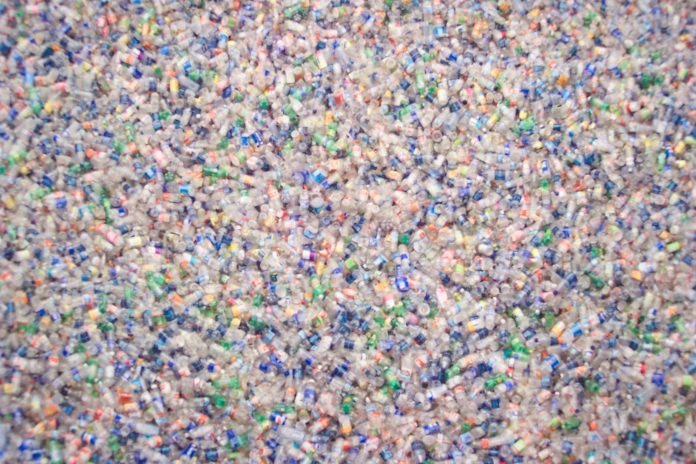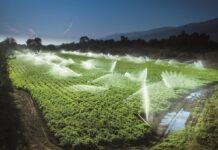In a first for both Coca-Cola and Living Lands and Waters, the two organisations have piloted a ‘closed-loop’ system–from volunteering to collecting recyclables and other debris along the Mississippi River, to sorting the materials so they can be recycled into new items including new Coca-Cola plastic bottles.
Living Lands and Waters operates a fleet of barges and industrial strength equipment designed to extract heavy debris. From farm tractors to bowling balls, founder Chad Pregracke, and his crew have pulled it out of the Mississippi. The collected debris is then sorted, recycled or disposed of properly.
“The mighty Mississippi is due for a recharge,” said Pregracke. “Every day, illegal dumping, littering, storm water runoff, and flood events carry thousands of tyres, household appliances, containers of unidentified liquids and plastic bottles into river systems. Thanks to grants from Coca-Cola and other sponsors, as well as the dedication of our staff and the thousands of volunteers, we can make a difference in transforming the face of America’s rivers.”
A team of Coca-Cola Heartland associates joined other volunteers to collect and sort 6,500 tonnes of debris–63 percent of which was diverted from landfill for recycling. Coca-Cola then partnered with Phoenix Technologies to convert the plastic bottles into recycled PET plastic which is being used in new Coca-Cola bottles that are hitting store shelves.
“Heartland Coca-Cola is proud to lend a hand to support the clean up effort on the Mississippi and help ‘close the loop’ on our packaging in St Louis,” said Junior Bridgeman, CEO, Heartland Coca-Cola. “At Heartland, we are committed to serving our community and one of the many ways we can do that is by working to preserve our waterways and help ensure our packaging is recovered and recycled”.
The Coca-Cola Foundation provided a US$50,000 grant to help support 60 volunteer river cleanups this summer and autumn with an estimated 3,500 participants. The company will continue to pilot the ‘closed loop’ system in collaboration with recyclers and bottle manufacturers at other cleanup sites along the Mississippi, Illinois and Ohio Rivers. The cleanups are expected to remove more than 250 tonnes of debris primarily along the Mississippi.








